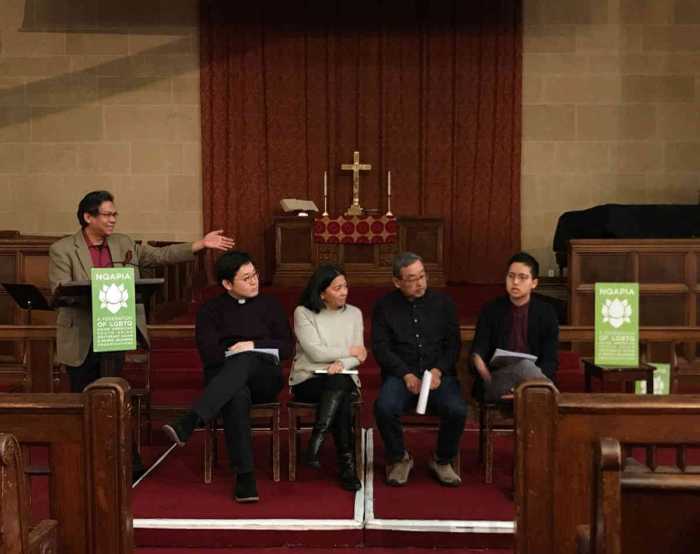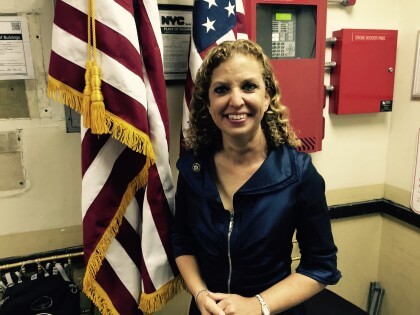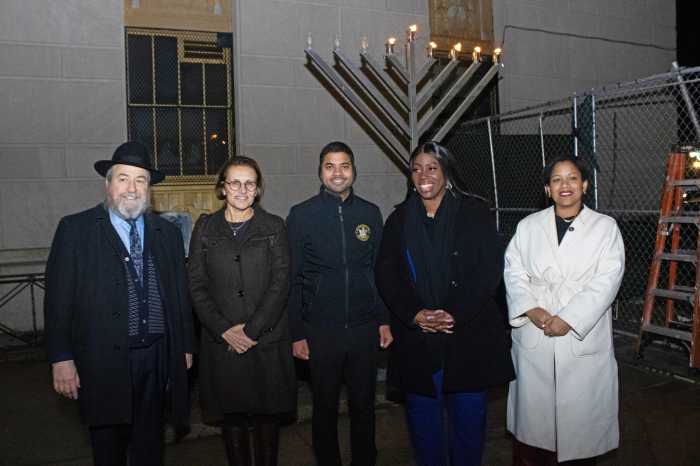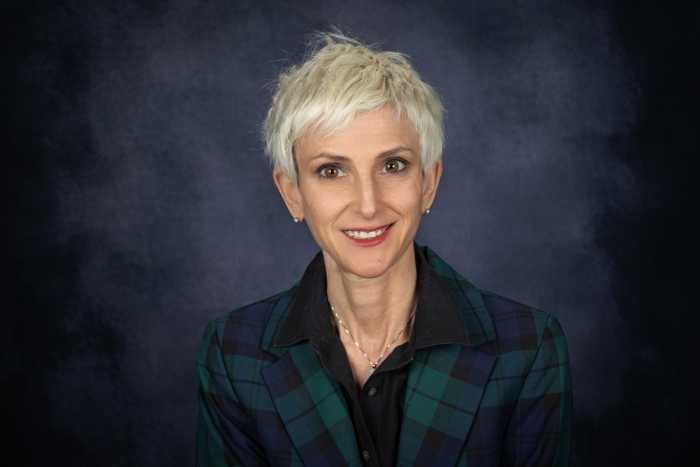The Rhode Island Supreme Court has unanimously ruled that two Providence firefighters with religious objections to homosexuality did not enjoy a First Amendment right to decline an assignment to staff a fire truck participating in the that city’s LGBT Pride Parade.
The December 19 ruling, involving complaints regarding a 2001 pride event, reversed a decision by Providence County Superior Court Justice Brian Van Couyghen, who denied a motion from two of the defendants in the case, the city’s former mayor and its former fire chief, who claimed immunity from liability because the lawsuit involved their actions as city officials.
Justice William R. Robinson III’s opinion for the high court spells out that the Providence Fire Department receives numerous requests each year for fire trucks to participate in parades and other public events. In 2001, Fire Chief James Rattigan, apparently in consultation with Mayor Vincent A. Cianci, Jr., agreed to such a request from the Rhode Island Pride Commission and ordered that a fire truck and crew from Engine Company 7 take part. Two of the firefighters, Theodore J. Fabrizio, Jr., and Stephen J. Deninno, who say they are Roman Catholics with moral objections to homosexuality, protested the assignment, but Rattigan ordered them to comply and they reluctantly did so.
Rhode Island court throws out constitutional claims made by Catholics assigned to Providence event
After stewing about their experience for a few years, they both filed lawsuits against Cianci, Rattigan, and the city, asserting claims of discrimination, infliction of emotional distress, and violation of their constitutional rights. They allege they were subjected to verbal harassment from parade onlookers, received threatening and obscene phone calls after the event, and suffered harassment as well from fellow firefighters.
Even though the case kicked around in a variety of courts for years while substantial factual discovery took place, motions by Cianci and Rattigan — who no longer hold their official posts — asserting what is known as “qualified immunity” from claims they had deprived the plaintiffs of freedom of religion, speech, and association in violation of the Rhode Island Constitution were rejected by Judge Van Couyghen. He found the facts in the case were not yet sufficiently developed to rule on their arguments.
The Supreme Court, however, took the position it was unnecessary to decide Cianci and Rattigan’s assertions of immunity because the plaintiffs did not state a valid constitutional claim against them.
“After receiving this work assignment from their employer (the regularity of which has not been questioned), respondents participated in the parade merely as relatively anonymous public servants,” Justice Robinson wrote. “We are unaware of any pertinent legal authority in support of the proposition that, in such specific circumstances, employees’ rights are violated if they happen to possess religious objections to the beliefs of the group with which an otherwise legitimate work assignment requires brief interaction.”
The firefighters were not compelled into any speech, the court found, since staffing a fire truck in a parade is not a political statement when done under assignment from superiors.
“The individuals chosen to carry out that assignment cannot be said to have engaged in personal speech by carrying out their work as public servants,” Robinson wrote, concluding the firefighters have no constitutional claim to raise.
Beyond the specifics of this case, there is a broader principle involved here. Public employees at work are carrying out the directions of their superiors and are not, as such, free actors, a conclusion that underlies numerous rulings, from the Supreme Court on down, that public employee speech enjoys no protection when it is “official speech” — that is, speech undertaken as part of the job.
The same principle underpins the proposition, now frequently contested, that government clerks cannot rely on their personal religious views or ethical objections to refuse to issue marriage licenses to same-sex couples in jurisdictions where same-sex marriage bans have been struck down. As such, this Rhode Island Supreme Court decision may stand as an important precedent as religious exceptionalists — including, several years ago, at least one in New York State — step forward to challenge the obligation they have to issue marriage licenses and even, in some place, to preside over ceremonies.


































